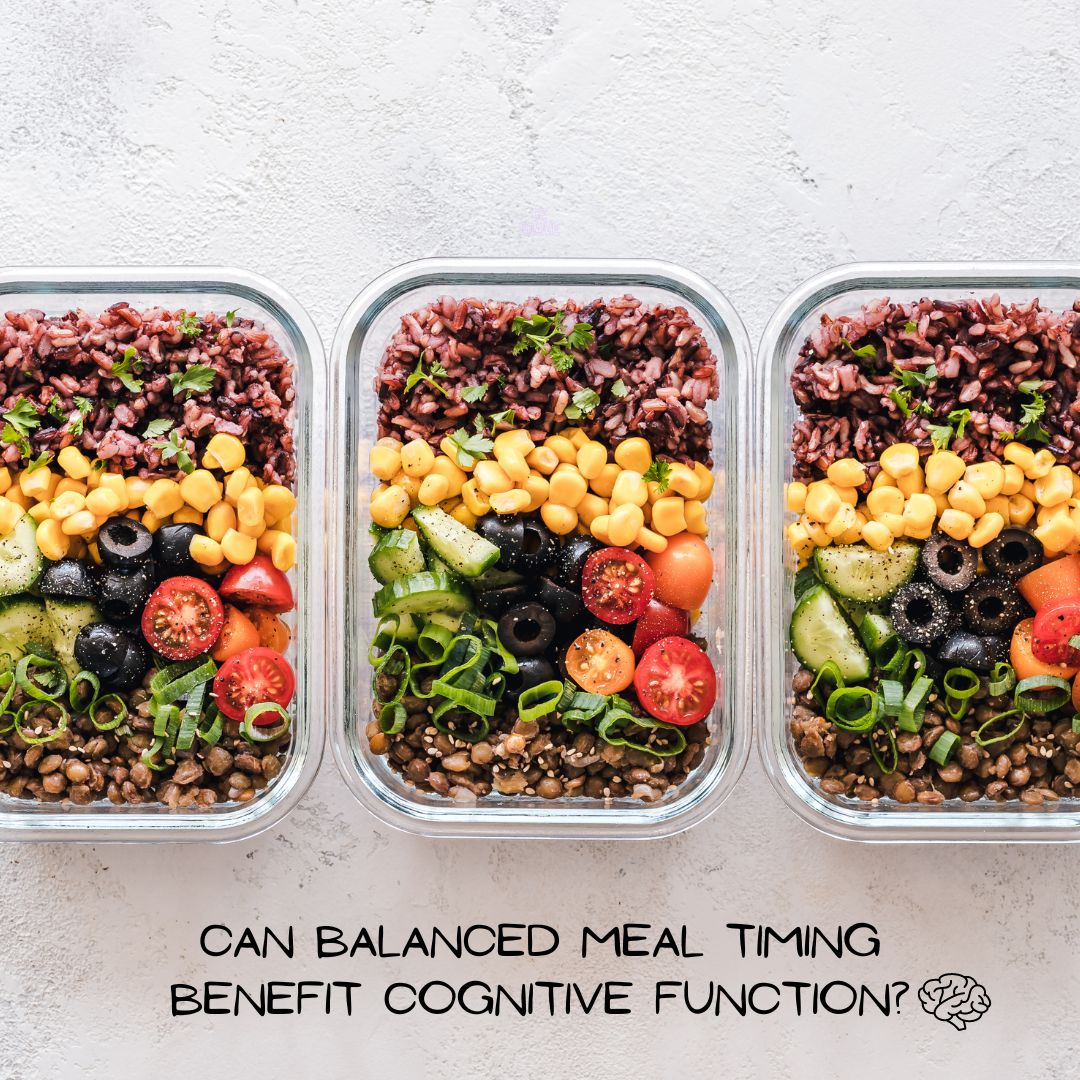We all want to feel our best and the food we choose to eat is one way to help achieve this.
However, not only does the food itself count, so too does our meal timings and how we distribute our total energy intake.
From fasting to eating every 2-3 hours, there are many ways we can distribute our daily energy intake.
While there is no right way to eat, as everyone is different and has varying needs, a new study has assessed whether meal timing can affect cognitive decline.
This study used 3,342 individuals aged 55 or over. Dietary intake was assessed via 3-day and 24hour dietary recall.
Results of the study showed:
- Evenly distributed energy intake across 3 main meals (28.5% at breakfast, 36.3% at lunch and 33.8% at dinner) was associated with significant better cognitive function as opposed to unevenly distributed;
- Skipping breakfast was associated with exceptionally faster cognitive decline;
- Higher energy intakes in the morning were associated with better cognitive function and less decline; and
- Snacks only assisted cognitive function if consumed at night and mostly by shift workers and people undertaking study as they were more likely to use their brains at night.
Why may evenly distributing food intake benefit cognitive health?
Some reported observations explaining this include:
- Meal timing affects the circadian clock system which partly is regulated by feeding;
- Meal timing affects insulin, fats in blood and blood pressure; and
- Over consumption of food at one meal may result in oxidative stress which impairs cognitive function.
How to work on more evenly distributing your food intake?
If you feel this may be something you would like to try, here are some tips on how to more evenly distribute your food intake:
If you currently skip breakfast due to lack of appetite or timing:
- Make dinner your last meal / food intake and stop snacking;
- Cut down your portion of dinner in order to have a better appetite in the AM
- Eat dinner earlier – try a 12hr fast between dinner and breakfast
- Prep breakfast the night before, such as overnight oats or chia seed pudding
- Use leftovers as breakfast if you are time poor
If you often skip lunch due to work commitments;
- Try having a smoothie or soup at lunch as a quick option;
- Try more snacky food such as tuna with crackers, veggie sticks and hummus, if this makes things more management;
- Utilise leftovers – a quick reheat and eat!
- If you aren’t hungry come lunch, ditch your morning tea and favour lunch.
